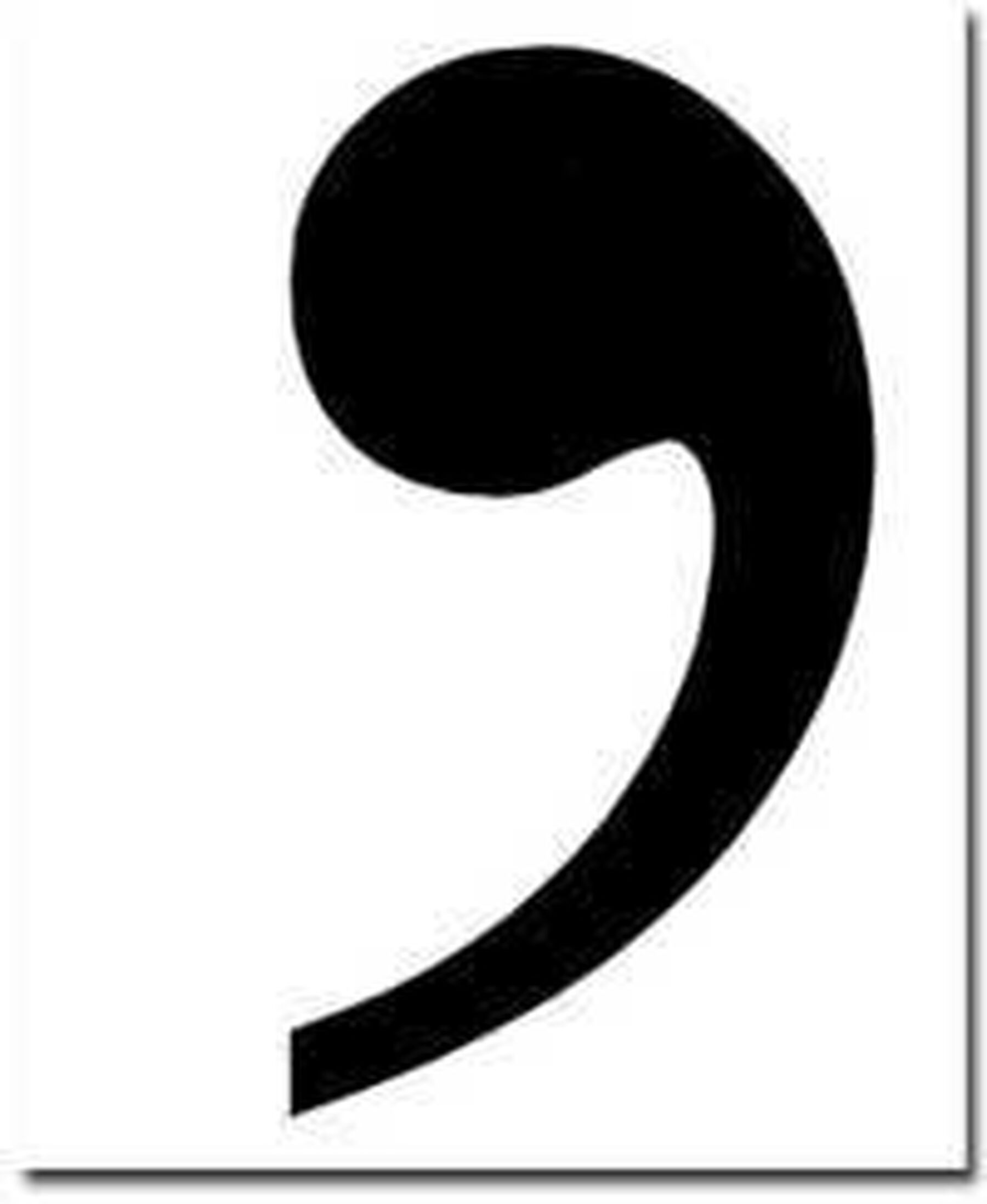Here at Flow we love punctuation and we endeavour to never, ever abuse these little marks and squiggles that add so much meaning to our use of language.

From the full stop (.) to the comma (,), to the much misunderstood semicolon (;), we make sure their working conditions are exactly right. But we feel it is time to make an appeal on behalf of that most abused of all punctuation marks, the humble apostrophe.
The apostrophe has two functions: it shows omission or possession. But this little guy has now been tasked with denoting more than one, or many, in all the wrong ways. The letter “s”, it seems, has been forced to dump its heavy workload on the apostrophe, but instead of lightening the load, this has instead led to widespread abuse of the little apostrophe, and the “s” being roped in in a number of unnecessary instances.
Take 45km’s for example. Neither the apostrophe, nor the “s”, has any reason to work here; km is a standard international abbreviation of kilometre AND kilometres, so it should be 45km. The apostrophe and the “s” would be well within their rights to protest.
Where the apostrophe should be roped in is in words that are contracted, such as what’s, it’s, where’s, there’s and so on. The apostrophe takes the place of the missing letter, making what is, what’s, and it is, it’s.
Its second job, to show possession, is a little more complicated: where you place the apostrophe shows whether you’re talking about one or many as well. But in general, the boy’s book and the year’s end show that the book belongs to the boy and the end belongs to the year. Adding the apostrophe after the “s” in either of these cases shows that you’re talking about many boys and many years.
But the English language has many exceptions to its fluid rules. Children is a plural noun, denoting more than one child, so when writing about children’s books we place the apostrophe before the “s”. And when we say his or her book, we drop the apostrophe!
Suffice to say, keeping these rules in mind, you’re unlikely to use the apostrophe incorrectly ever again.
So no more “it’s books” (because what exactly does “it is books” mean?) or km’s, because those kilometres really don’t own anything.
